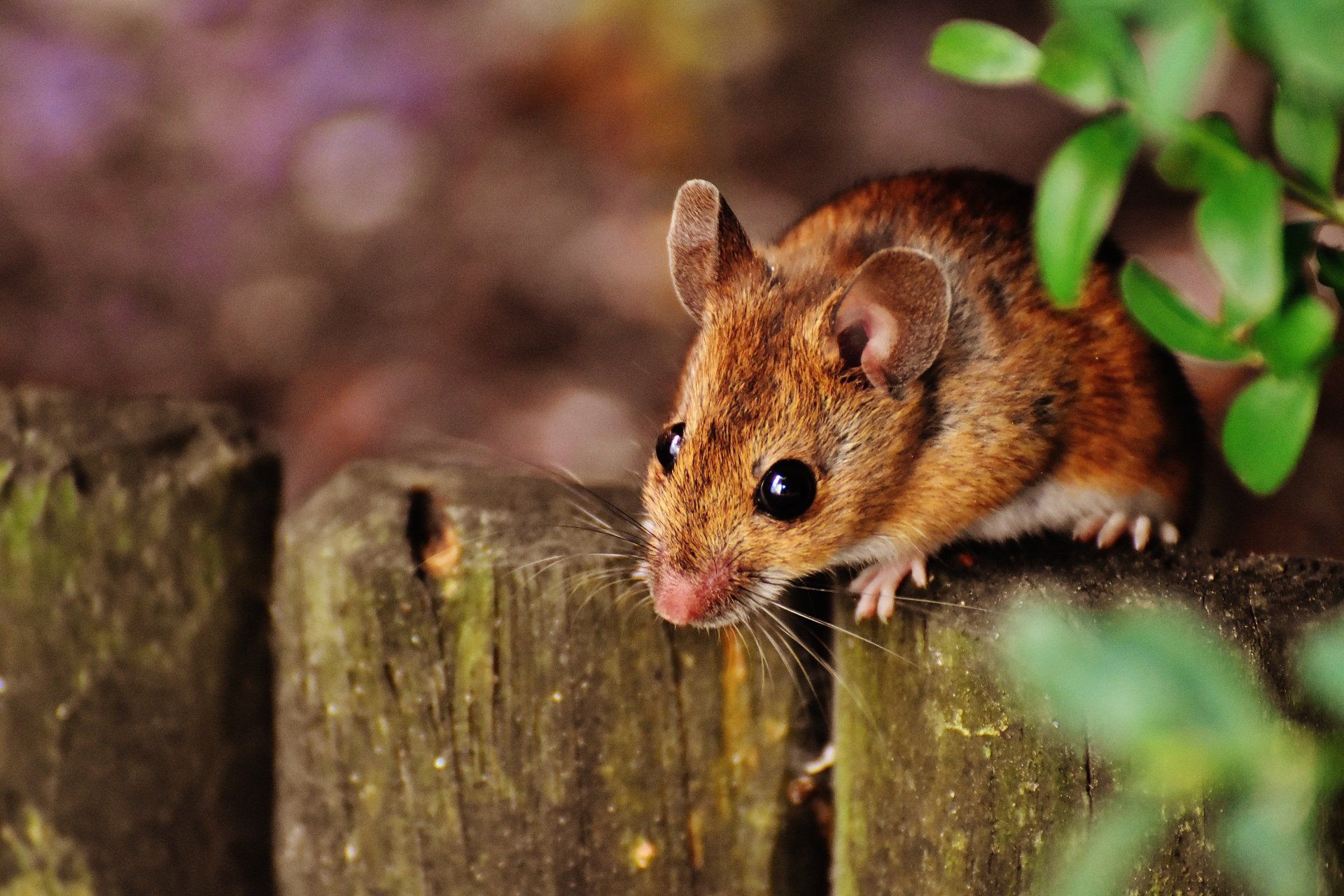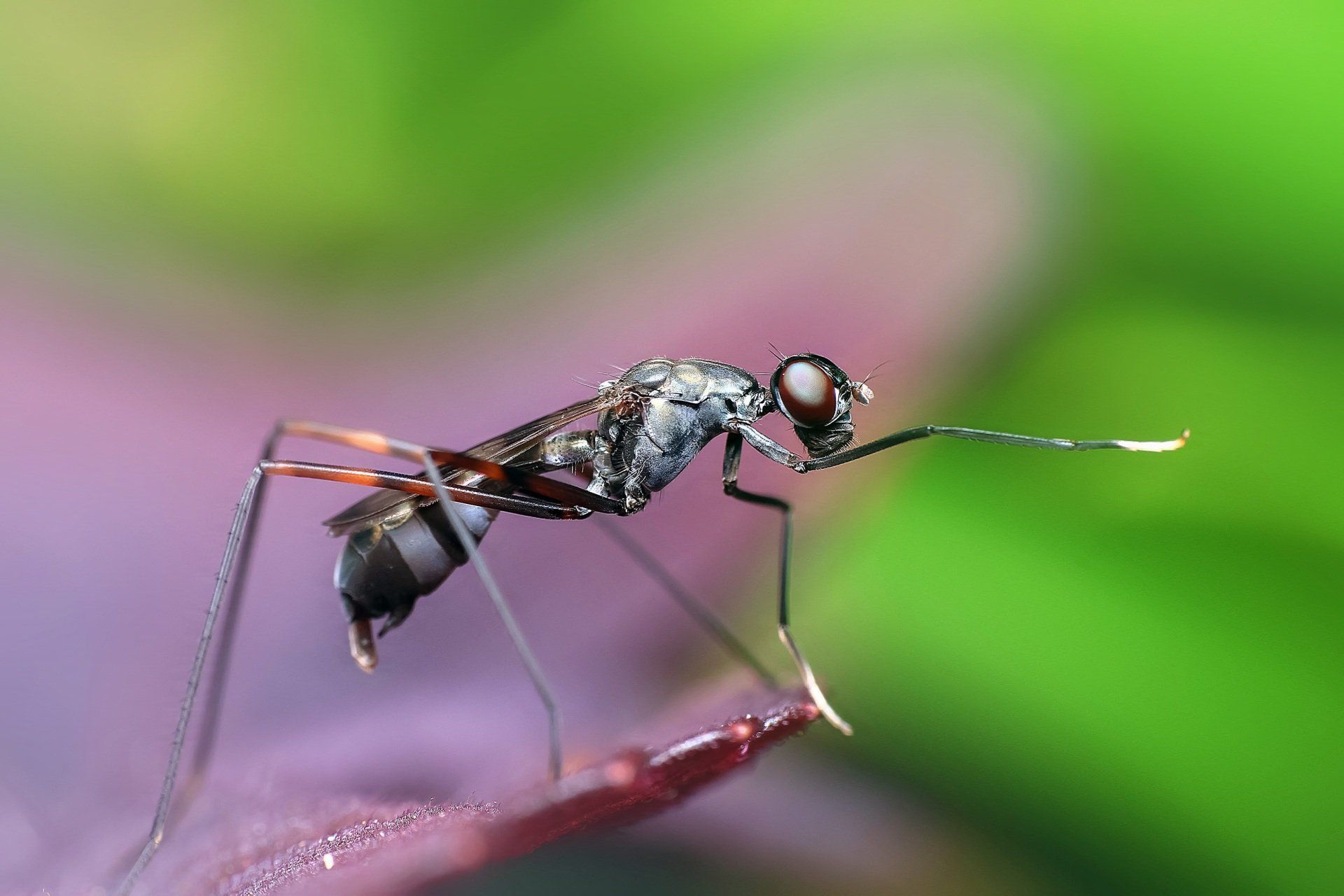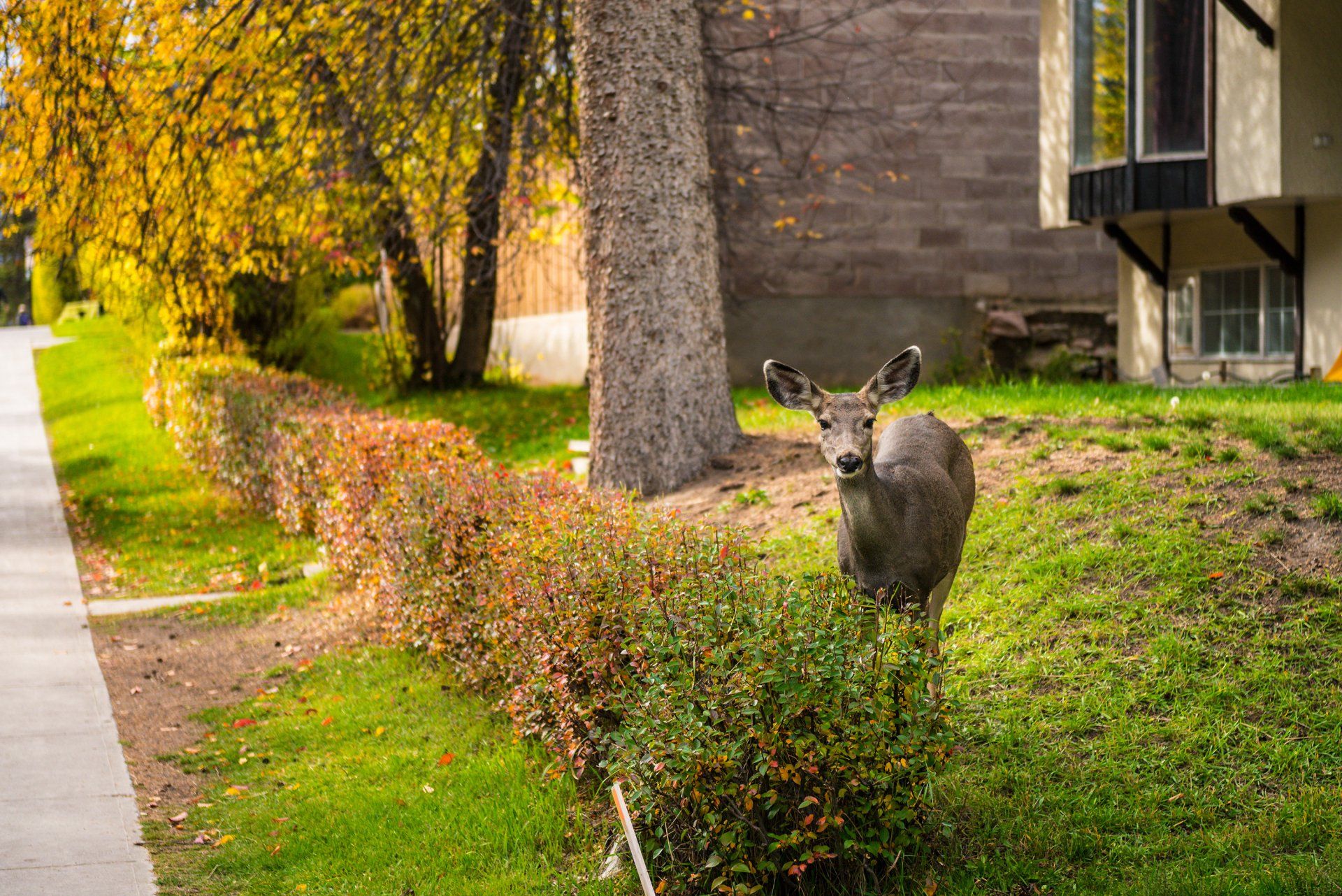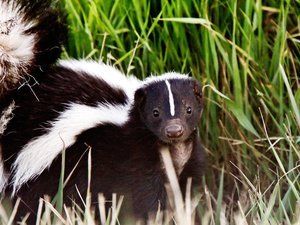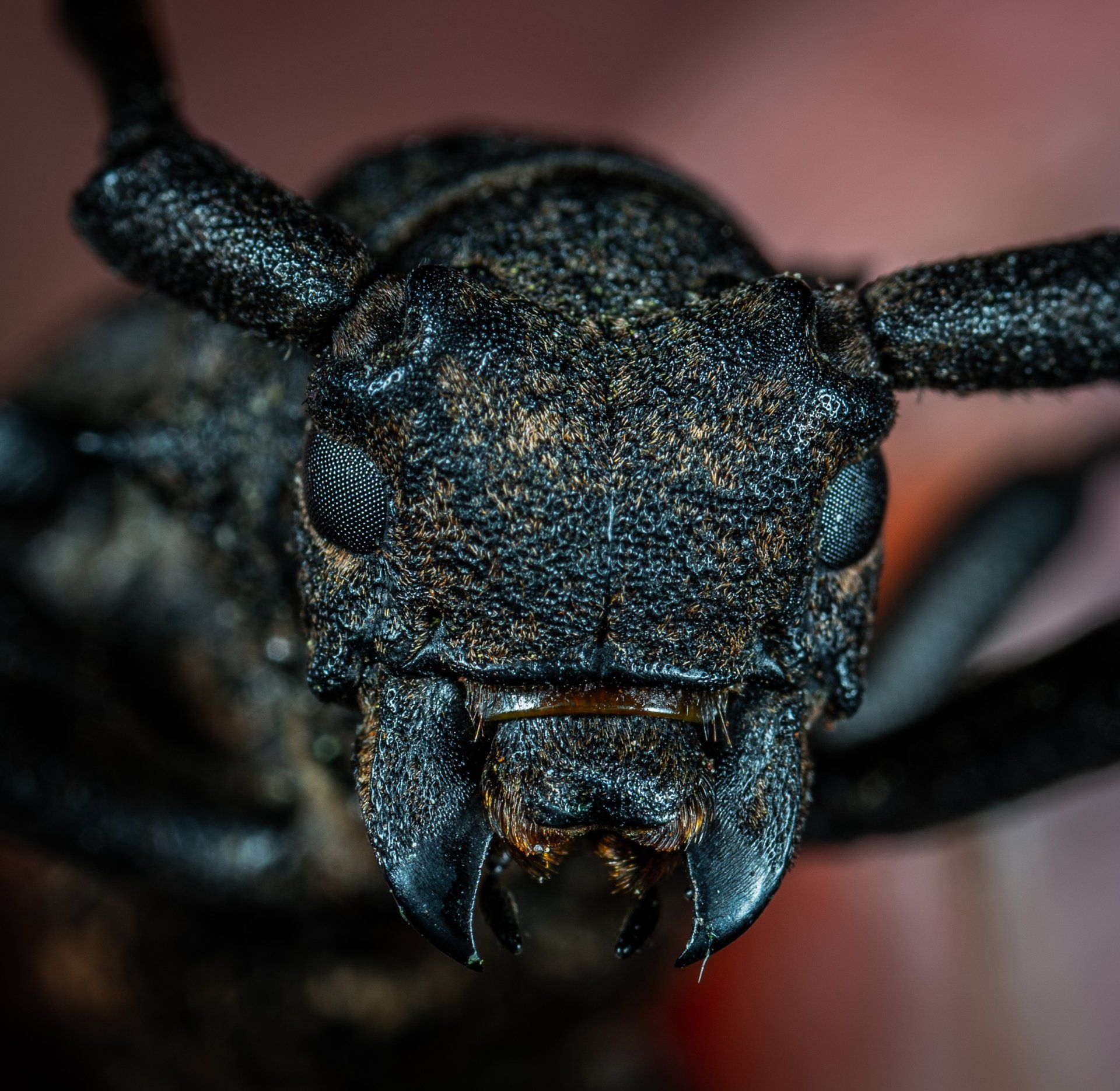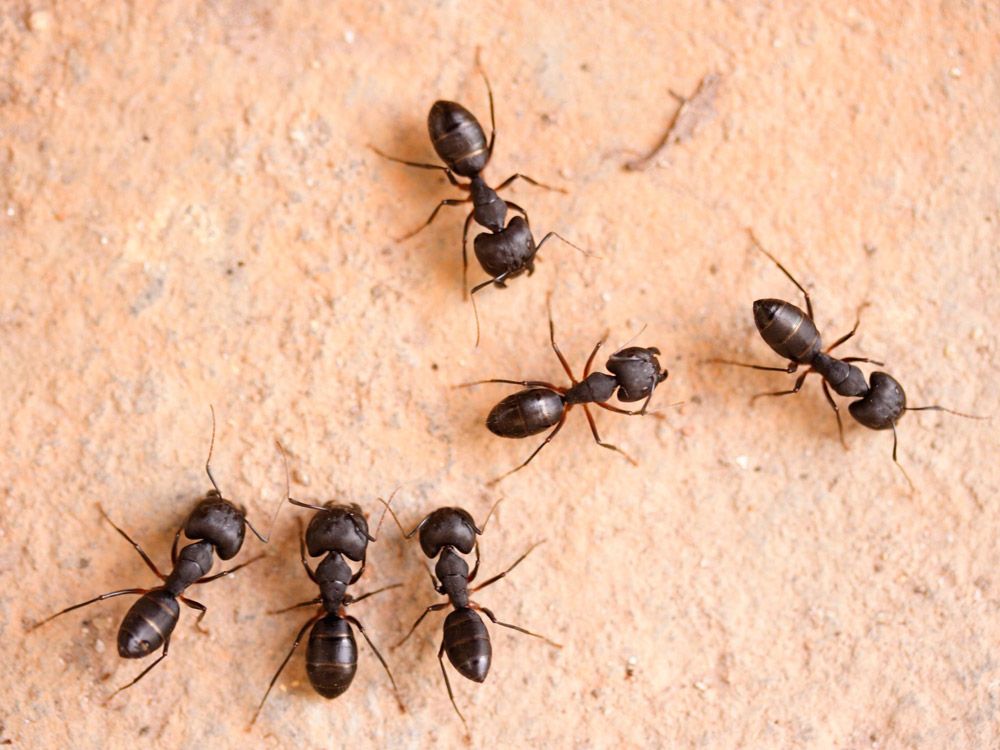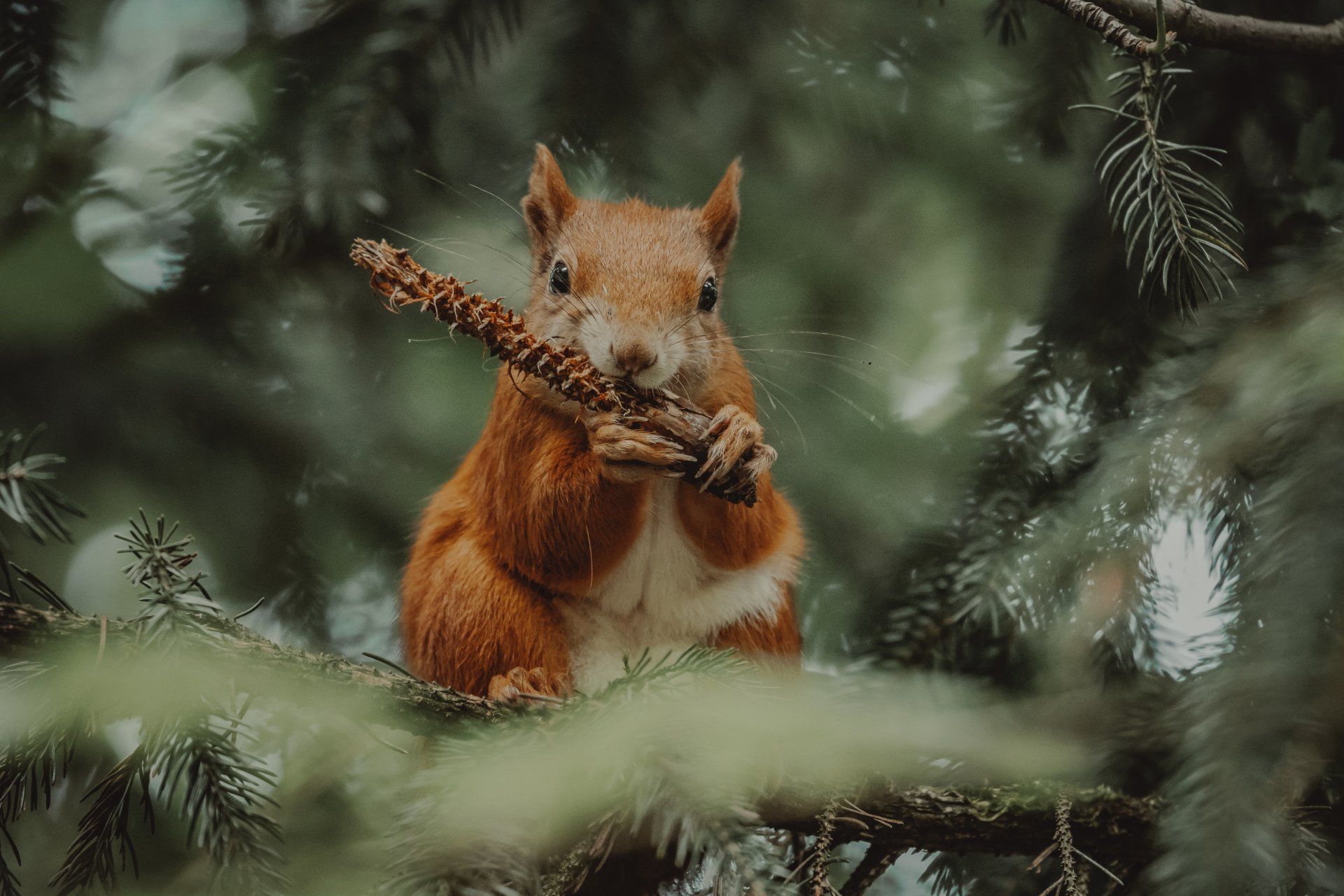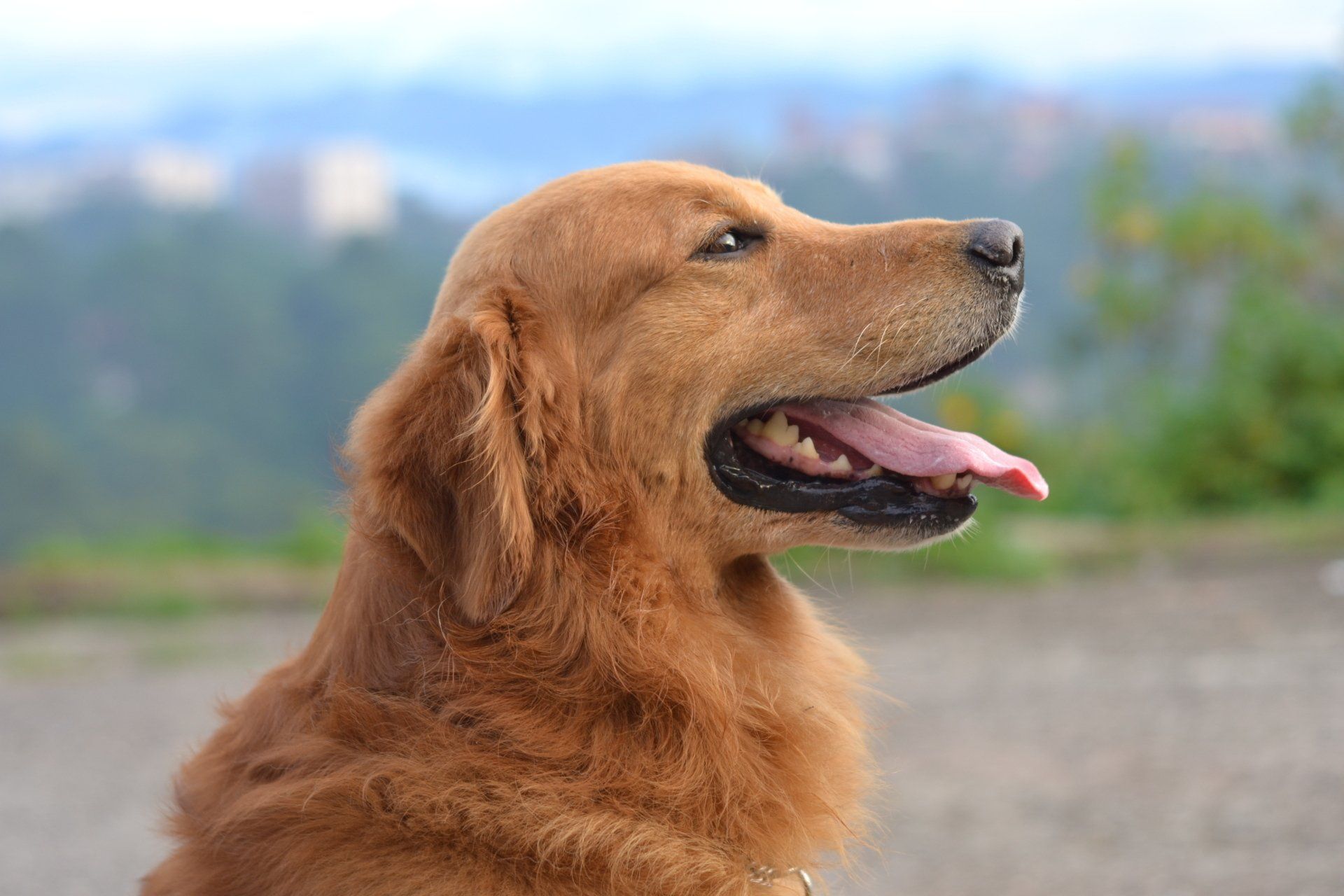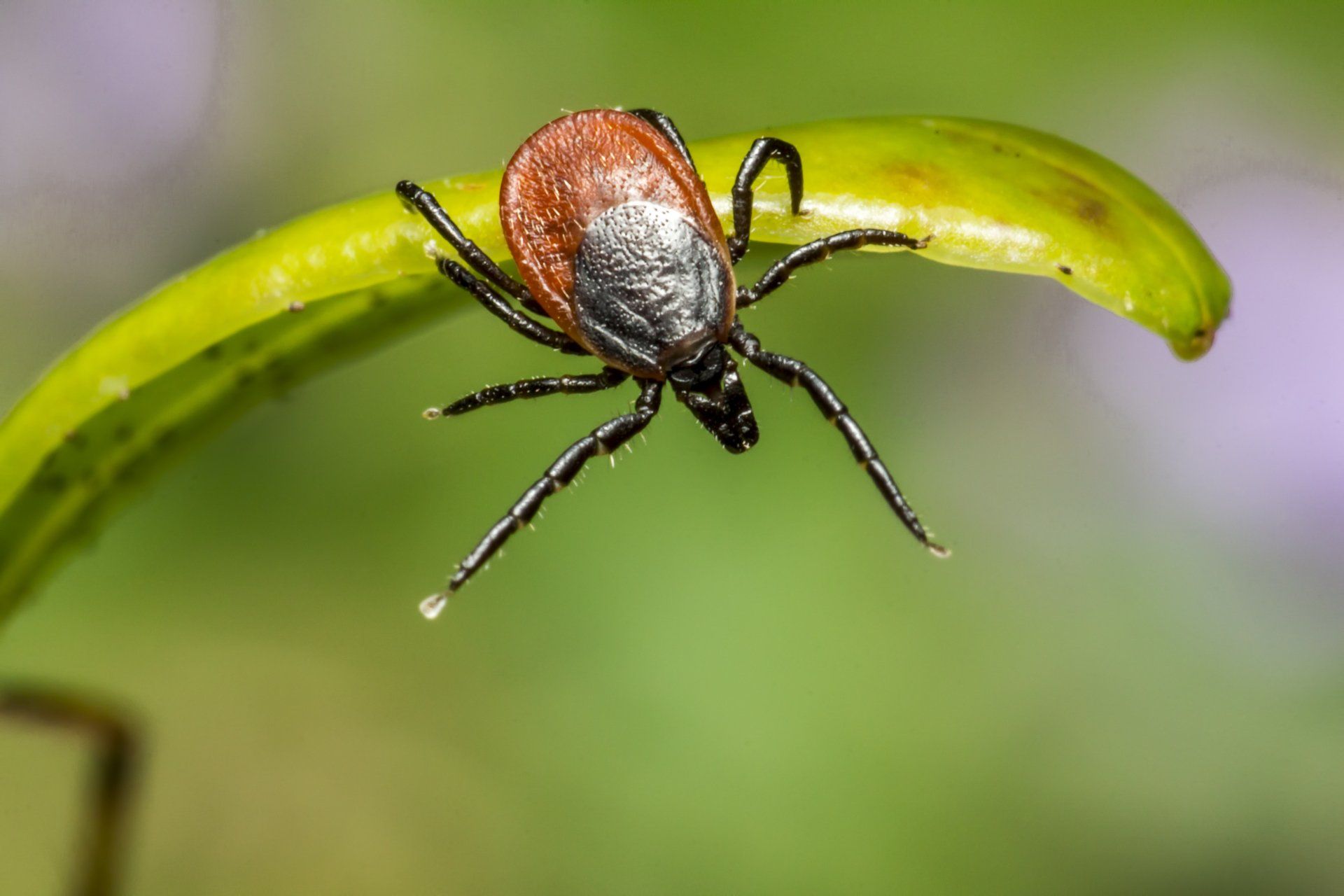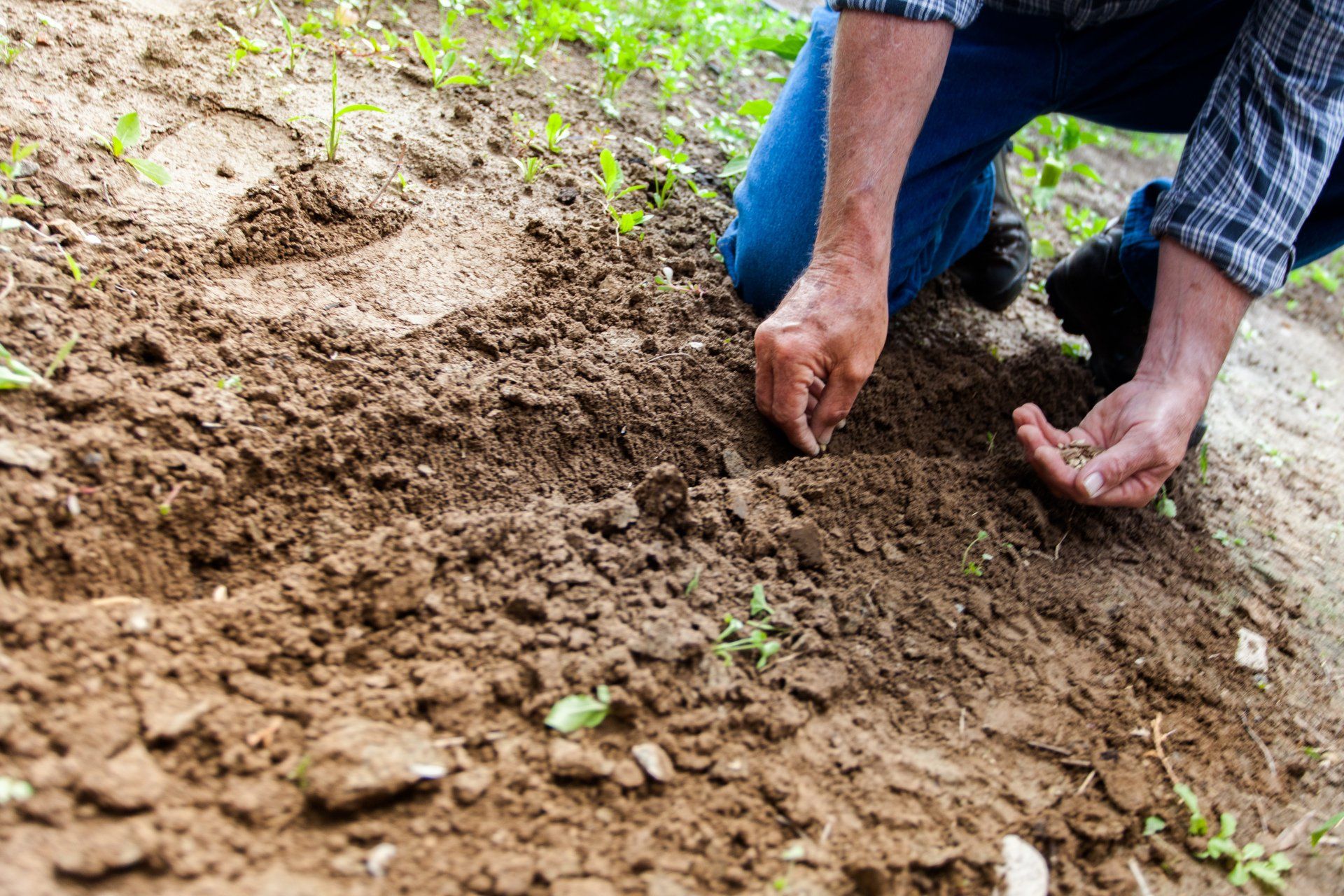Mosquito Management On The Farm: How to Protect Your Livestock
Don’t let mosquitoes threaten your livestock.
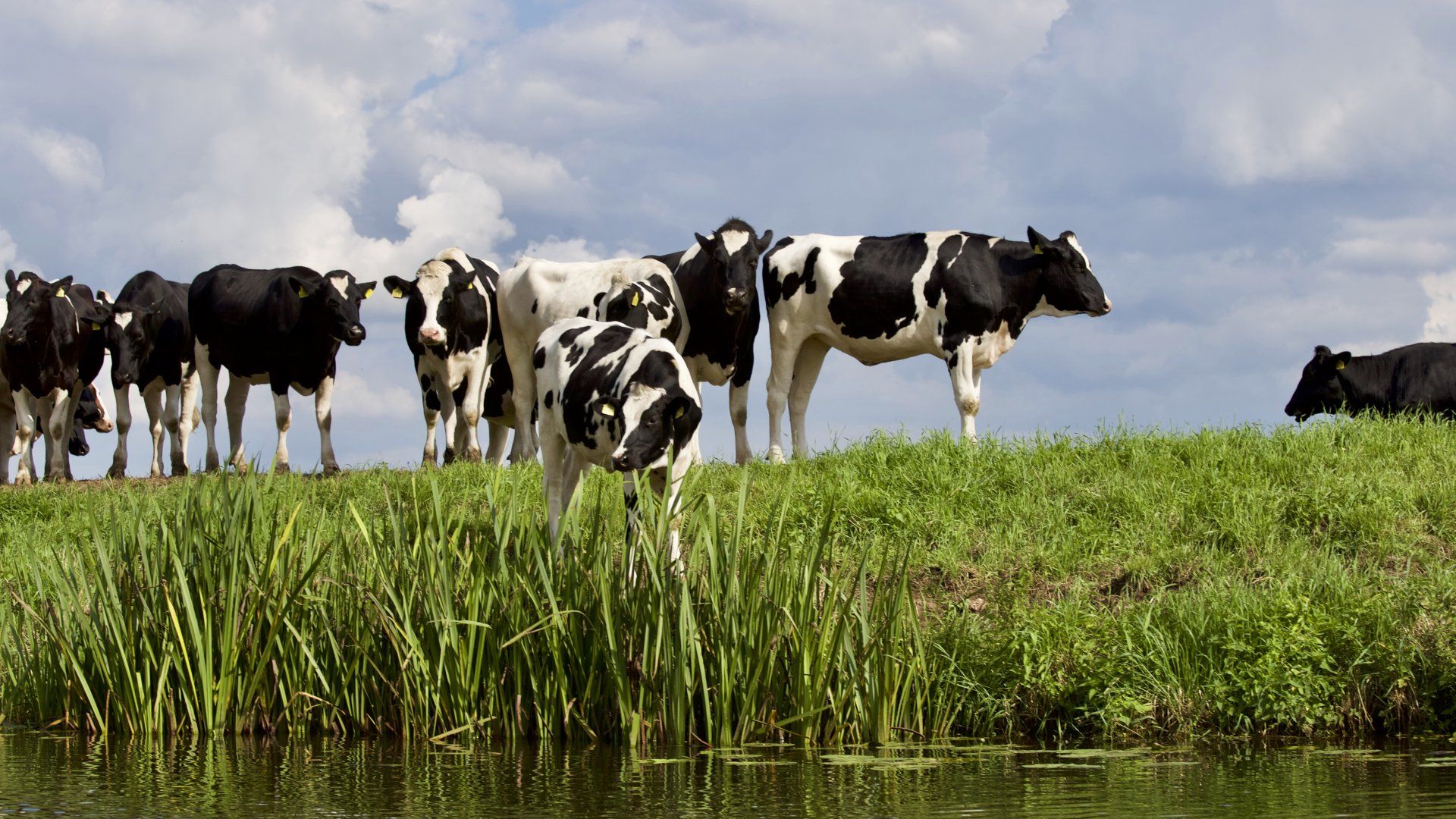
The CDC reports that mosquitoes are the “world’s deadliest animal.” Every year, mosquitoes can kill half a million people — and sometimes over a million. But humans aren’t the only ones threatened by mosquitoes, making mosquito management an absolute must.
Mosquitoes pose a tremendous threat to livestock. They bite these animals, sucking out their blood. In an attempt to get away from the mosquitoes, the livestock moves around, resulting in oxygen loss and a fall to death.
The question remains: how do you keep mosquitoes away from livestock? There are sprays you can use to prevent West Nile virus in horses and special cleaning methods for reducing the number of mosquitos on cattle farms.
No matter what approach you take towards mosquito reduction on your farm, be sure to adopt some type of pest management system to protect your livestock from the deadly effects of mosquitoes, including professional pest removal services.
How to Protect Horses From Mosquitoes
Mosquitoes can transmit a host of viruses to your horses, including Eastern Equine Encephalitis Virus (EEEV).
Eastern Equine Encephalitis (EEE) is rare a rare infection but is often fatal as it causes brain inflammation in horses.
Thanks to preventative measures, you can protect your equine from mosquitoes. These mosquito management techniques include fly sheets, fly masks, and fly wraps.
When implemented, these protective barriers work to keep mosquitoes and flies away from your equine. When searching for masks, you can choose from sun protection, nose protection, or ear protection. Consider your horse’s specific needs when protecting them from mosquitoes.
You should also consult with a professional pest removal company about ways to prevent mosquitoes from infiltrating your farm. You can schedule regular mosquito treatments to keep your horses comfortable during the height of
mosquito season.
There are also bug-repellent sprays you can purchase, along with DIY sprays. Always consult your veterinarian before spraying your horse with any type of substance.
Can Cows Get Mosquito Bites?
As with horses, cows are susceptible to mosquito bites. Mosquitoes bite all areas of a cow’s body, but attack cattle’s legs and underline the most intensely.
Each species of mosquito has its own preference when it feeds. Some species might feed continuously throughout the day, inflicting numerous bites and causing constant pain and discomfort to your livestock.
When animals are tormented by mosquitoes, they’re unable to properly feed. Your dairy cows will stop producing as much milk.
If you own beef cattle, they may lose weight. Mosquitoes also affect sheep and poultry, as they’re all susceptible to the effects of mosquito bites.
Part of livestock mosquito control begins with cleaning your cattle tanks. You should also water your troughs regularly. This works to prevent mosquitoes from multiplying.
Another option is to ass mosquitofish for additional control. If you have unused tanks or troughs, remove or destroy them. Always use water efficiently, as this works to reduce the mosquito population on your farm.
As with horses, the best way to prevent mosquitoes is with
professional pest removal services.
Mosquito Management
There are several ways to implement mosquito management on your farm. You can use bug-repellent sprays on your horses and keep cattle troughs clean. Unfortunately, these measures alone may not prevent mosquitoes from biting —and possibly infecting— your livestock.
The best mosquito management starts with preventative pest control. Serene Property Services has the expertise to protect your livestock from unwanted pests all year long.
We proudly service all of Sussex County and Warwick, NY.
Reach out to us today to see how our comprehensive list of services can best fit your needs.
We will get back to you as soon as possible
Please try again later
About Us
Contact Info

